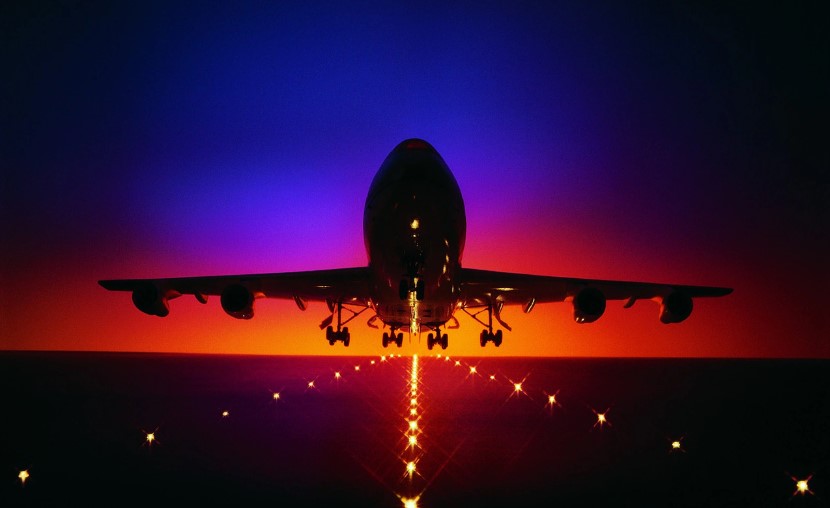
Thousands of flights in Europe suffer GPS disruptions due to Russian interference
Thousands of airline flights to the Baltic States from the UK were affected by Russia’s interference with satellite navigation.
This was reported by RBC-Ukraine with reference to The Telegraph.
Affected flights for the eight months to the end of March included 2,309 Ryanair flights, 1,368 Wizz Air flights, 82 British Airways flights, and four easyJet flights.
Civilian passenger flights have been affected by the broadcast of fake signals that confuse the navigation computers of airliners.
GPS jammers send false data that disrupts the most important satellite navigation signal that an aircraft’s systems rely on. This causes false warnings in the cockpit, distracting pilots and potentially endangering passengers.
False transmissions may include false altitude and location information, triggering warnings designed to prevent airliners from colliding with mountains or descending below safe altitude in hilly or urban areas.
Obstacles from Russia
The Russian exclave of Kaliningrad, located on the shores of the Baltic Sea, is well known among airliner crews as a hot spot for interference.
In March, a British Air Force plane carrying Defense Secretary Grant Shapps was attacked during a flight near Kaliningrad. As far as we know, his GPS signal was interfered with for about 30 minutes when the plane was flying back to the UK from Poland.
Downing Street confirmed that the plane “had GPS interference” but said it “did not threaten the safety of the aircraft.”
Aviation leaders have been concerned about GPS interference for years, as potential risks have increased since Russia’s invasion of Ukraine in 2022.
Luc Titgat, head of the European Aviation Safety Agency, said in January: “We have seen a sharp increase in the number of attacks on these systems, which is a security threat.”
Earlier this year, a pilot working for a leading commercial airline said: “Every flight I make through northern Turkey and into Iraq – mainly along the Russian and Iranian borders – is now accompanied by GPS interference. Aviation systems warn us when something is not working. We often receive numerous alerts within a few hours.
Pilots can switch to backup systems, including the use of ground-based beacons, which are not affected by GPS jammers because they operate on different radio frequencies.
Glenn Bradley, a spokesman for the Civil Aviation Authority, said flying remains one of the safest forms of travel, adding: “There are several security protocols in place to protect navigation systems on commercial aircraft. GPS jamming does not directly affect the navigation of the aircraft.”
As a reminder, in April, the German Ministry of Defense said that Russia was involved in the GPS malfunctions in the Baltic States.
Earlier, Estonia accused Russia of being behind an increase in jamming of satellite signals used by airlines in Eastern Europe.

